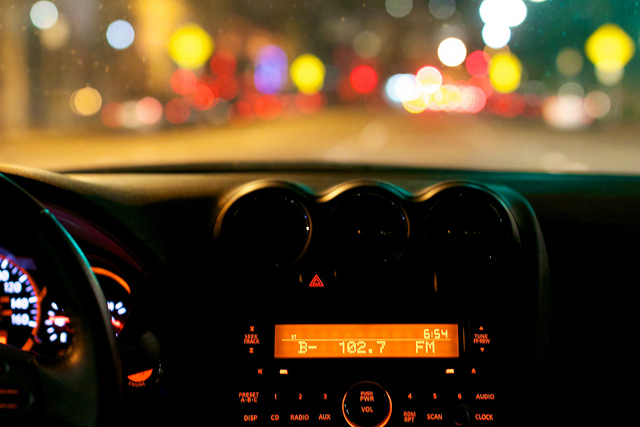
I am bothered by parents who constantly check the parent portal, sometimes 5 or 6 times a day. I’m not sure they realize the school can see how many times they access the portal. — An irritated teacher
Reading this, I am beset by a sudden, sinking feeling. It is the same feeling I had fifty years ago when I was riding my bike and a police car pulled up behind me, siren blaring. I knew what I’d done, and it was bad. Faced with the choice to do the right thing, I had nevertheless given in to the impulse to ride, rather than walk, my bike through the crosswalk. I was busted.*
Last week I came across an article on the pros and cons of student information systems, or parent portals, to view grades, attendance, and assignments, and I found the quote above. My first thought was: who checks grades only 5 or 6 times a day? My second was: they knew.
Everyone knew. The school knew, the teachers knew, and my daughter knew. Everyone knew what I am about to say for the first time.
My name is Georgia’s Mom, and I was a parent portal addict.
To my mind, it was a unavoidable. I was practically forced. They opened the vault and shoved me inside. Sometime around 2013, our school district adopted student management software. I can barely remember how sweet and simple life was before then. From kindergarten to fifth grade, there weren’t any number grades. The report card would have an O for outstanding, an E for excellent, an N for needs improvement, and a P for practically perfect in every way. One year, my daughter got an actual award for Being An Awesome Young Lady!! Admittedly, she was only 6, but I found this to be a quite sufficient and extremely accurate record of progress.
But no, they had to come up with a “way for both parents and students to stay involved in the student’s academic life.” Oh, you want me more involved in her academic life? Just watch me.
I remember how involved my parents were. Not. They saw my grades when I brought home my report card. They signed it and went back to watching Jeopardy. That’s how I learned to be involved by myself.
I was your basic recreational user of the parent portal until I went hardcore in high school, specifically 10th and 11th grades. Those are the years that matter, I’d been told, those are the years on the transcripts that are sent to the colleges, the grades that determine everything going forward, the rocket fuel for one wild and precious life. So naturally, I upped my involvement. I learned a lot over that time period. I learned, for instance, that some teachers load grades only intermittently or haphazardly, leaving your child with a mysterious missing assignment for days upon frantic days and nights. I learned that attendance records are erroneous and require an immediate text to your daughter to tell her to confront the faulty roll-taker today. I learned when the math teacher graded tests (after 2 p.m. on Fridays) and when the English teacher graded essays (after 11 p.m. on Sundays). I learned that getting final semester grades in real time requires refreshing the page, oh, 50 or 100 times a day over Christmas break so that you can heave a sigh minutes before your child strides out from her bedroom saying “I made an A-minus!”
But mainly what I learned is what a gnarly beast of an ego I carry around, haunting myself and terrorizing others. “No one else’s parents are like you!” my daughter would cry in self-defense. “I’m afraid to tell you anything because you are so OCD! It makes me feel that you don’t trust me to do anything right.”
Gulp.
By senior year I knew I had to go cold turkey, so I swore off. I never checked the portal, not once, so I didn’t see that shocking F on the March 13 quiz in economics. Whatever. I told my husband that it was his job to stay on top of grades, which he didn’t do, and would have never done, so I had to do it just a little. The bottom line is that the die was cast; she was on her way to where she would have gone anyway, and without me.
The saving grace of college, by the way, is that they go without you.
Reflecting now on my shame and regret, it seems that the parent portal is just more technology sold in the name of connection that causes infinitely more disconnection. I realize that there is no privacy in our world. Someone is looking over your shoulder all the time. What I can do is quell my own beast and swear that the person foolish enough to distrust my daughter will no longer be me.
*Do you want to go to jail? the policeman yelled at me. I was 11. He let me off with a warning.


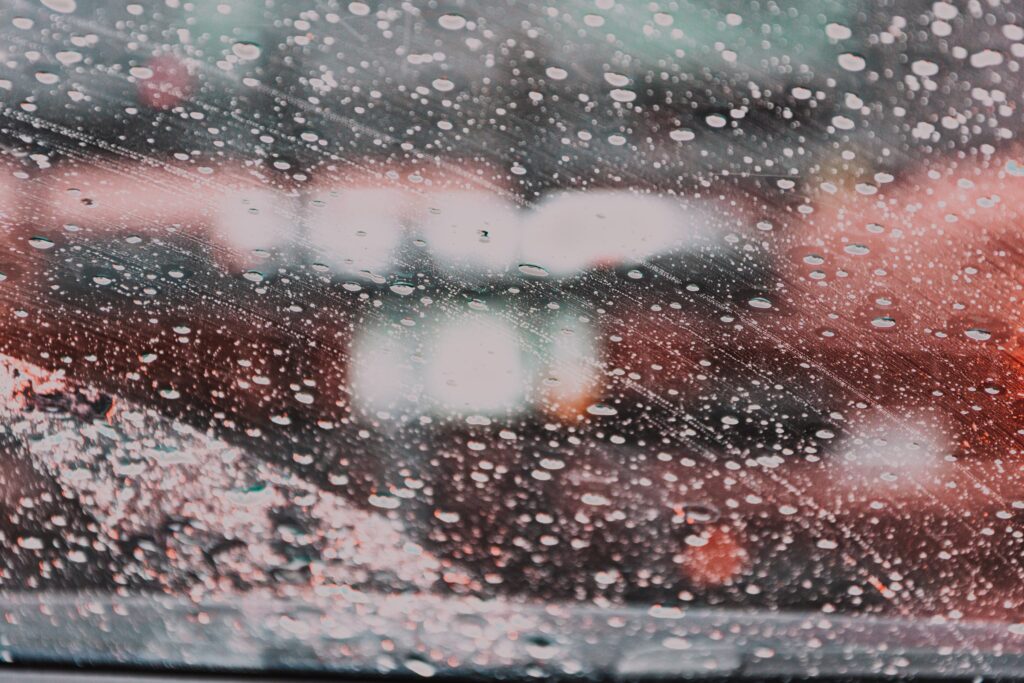




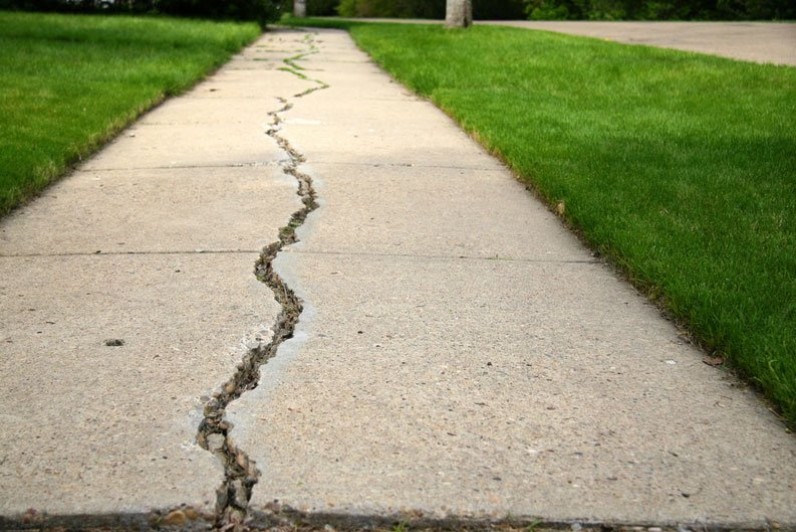
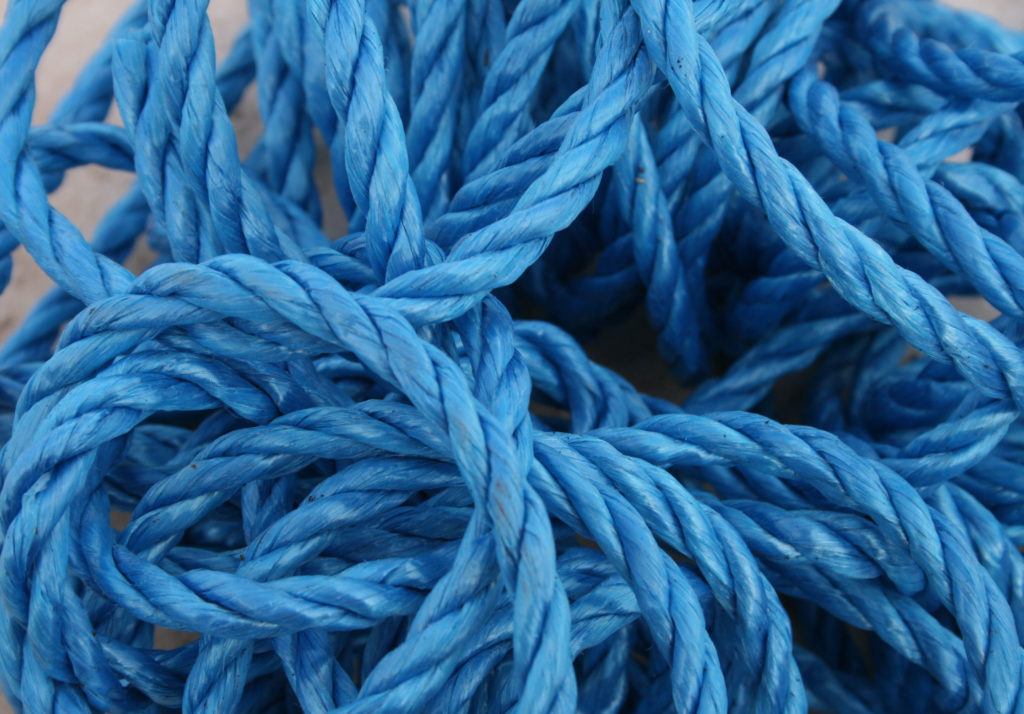
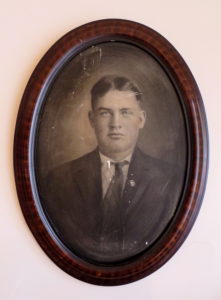
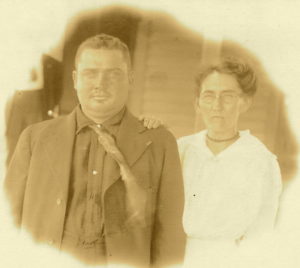
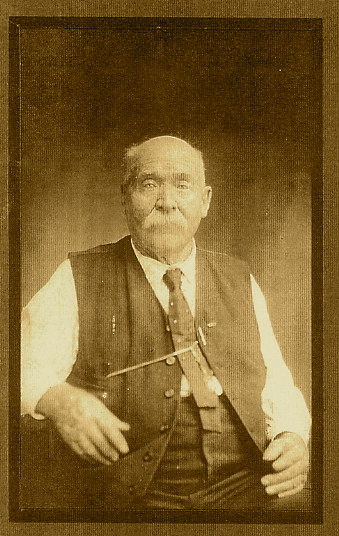

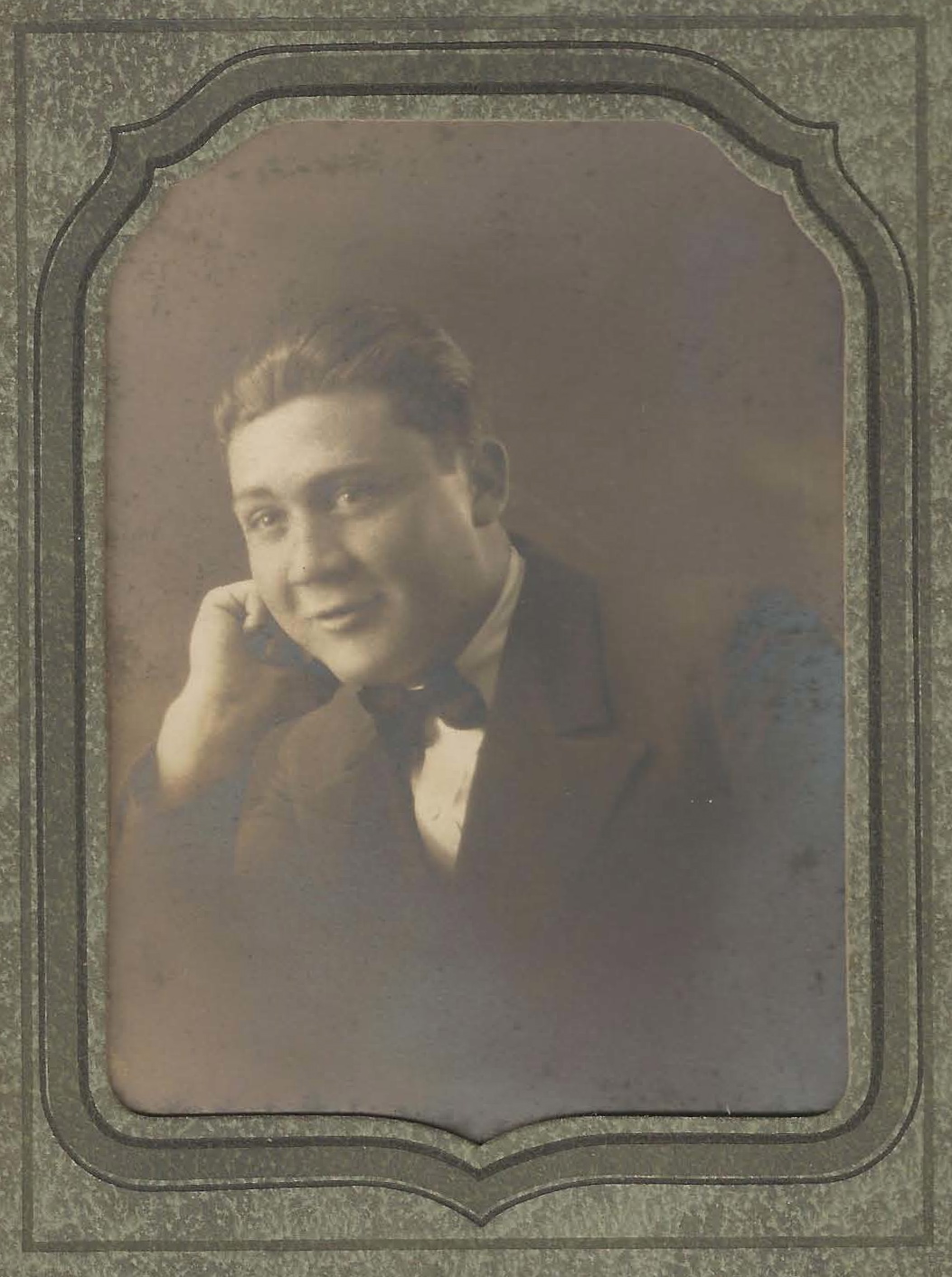
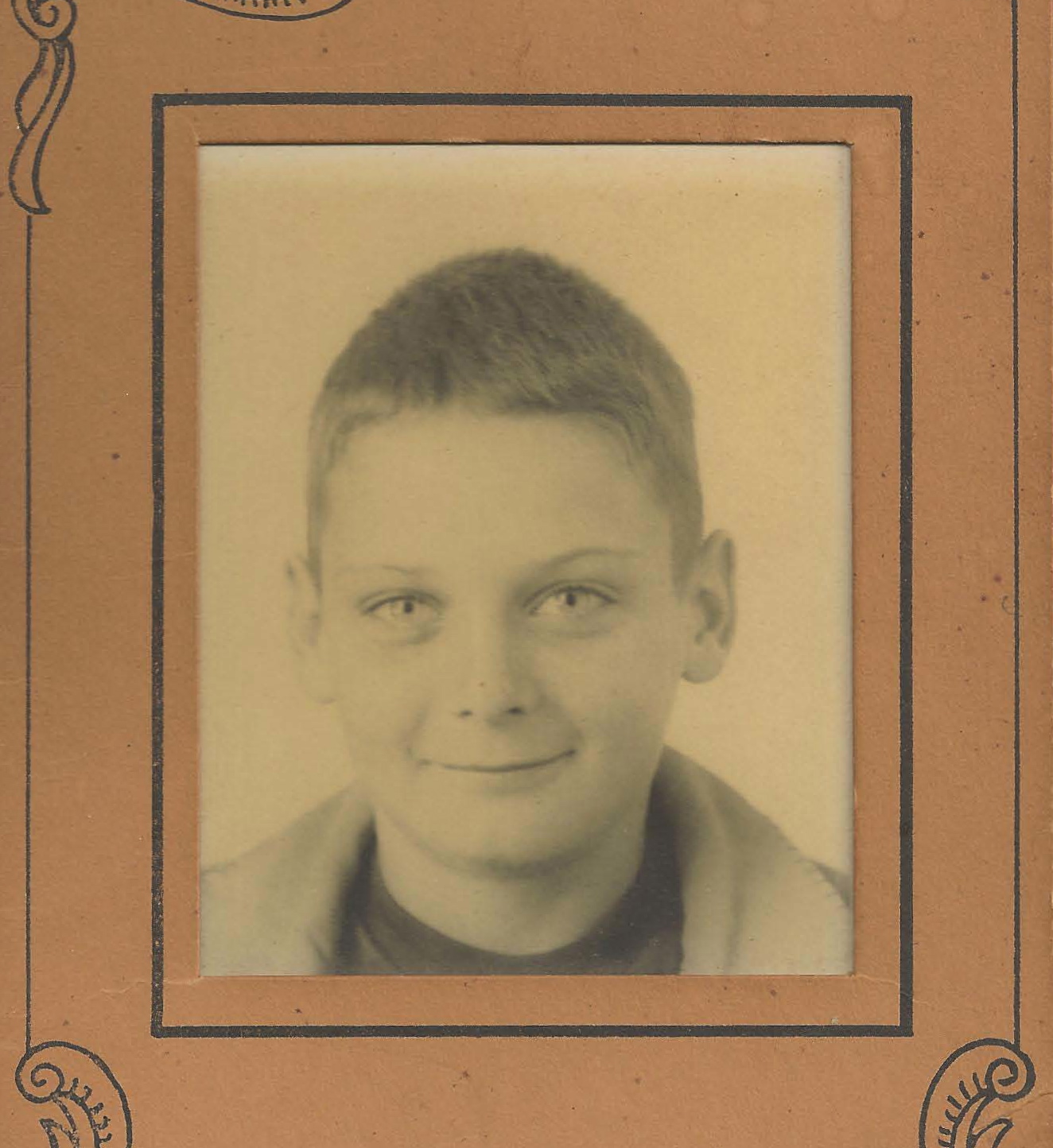
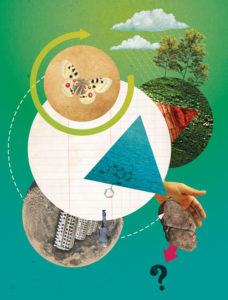
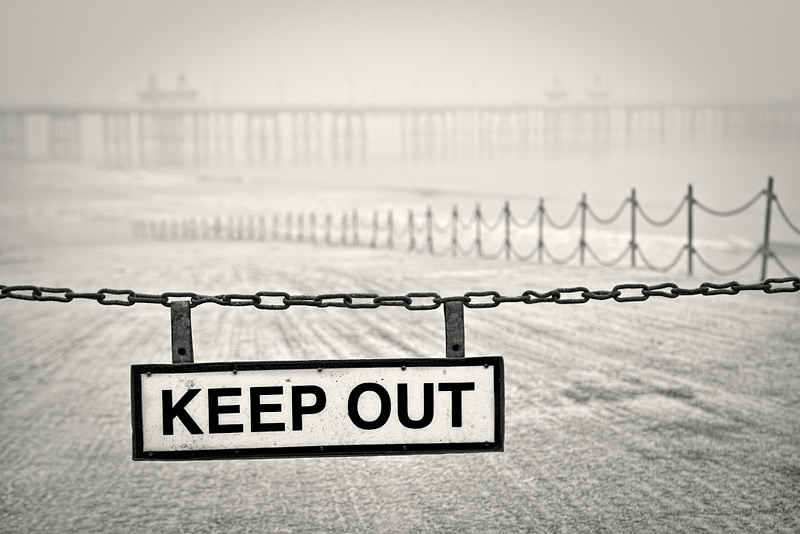
 Do not be me.
Do not be me.